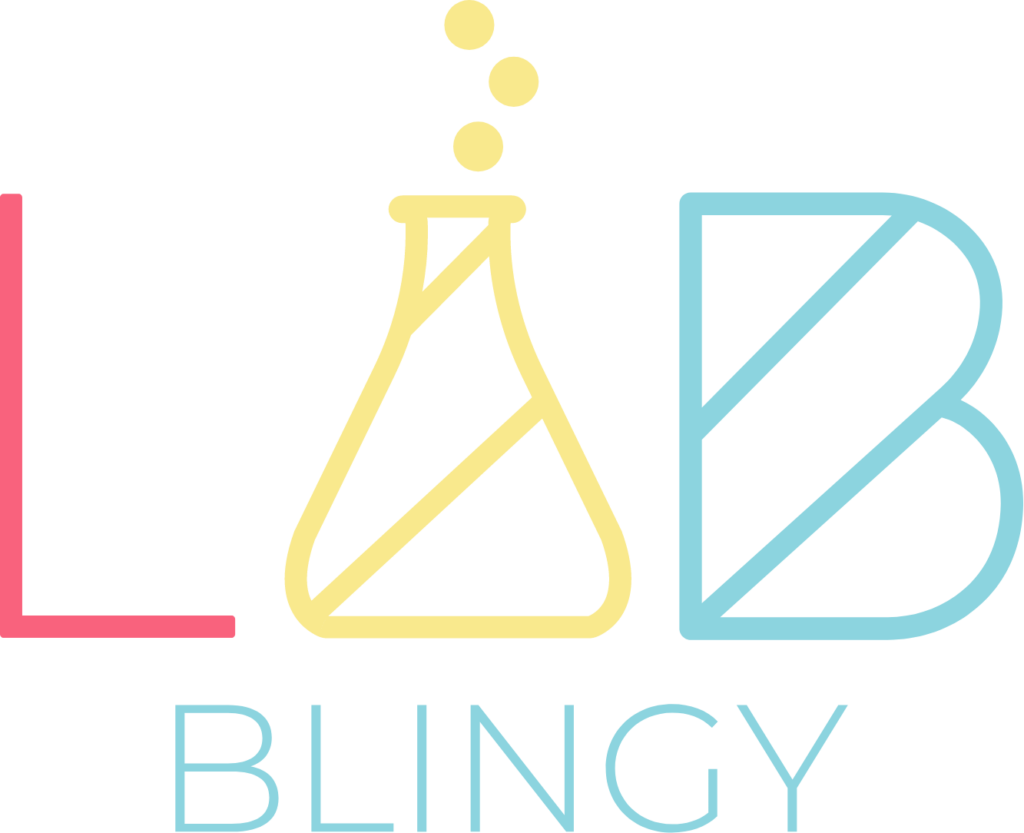Polygon, formerly known as Matic Network, is a cryptocurrency and Ethereum token that powers the Polygon Network. It is a layer two solution designed to scale the Ethereum network and enhance its functionality.
This protocol gives a faster and cheaper Ethereum transaction using sidechains and a blockchain that runs fast HOV lanes with the Ethereum main chain. In addition, you can bridge some of the cryptos over to Polygon to use it and then interact with different popular crypto apps that were exclusive to the main Ethereum blockchain before. You can deposit Ethereum tokens to a Polygon smart contract, interconnect with them within Polygon, and then withdraw them later to the Ethereum main chain. The MATIC token participates in proof-of-stake consensus and pays transaction fees.
How Does Polygon Work?
Polygon’s MATIC Sidechain works like every other Proof-of-stake-based blockchain. Its structure, client nodes, token, local dApps, validator nodes, etc., is very similar to other networks. However, the factor is that exchanges are clustered and settled over the Ethereum mainchain.
Interestingly, Polygon has promoted a layer-2 network for building compatibility, Ethereum-viable blockchain networks. However, layer-2 scaling solutions imply off-chain solutions, including lessening or removing components with evaluation power from the primary blockchain before their execution somewhere else, like sidechains.
The sidechain assembles throughput on the mainchain and spreads the evaluating proficiency around the network—layer-2 solutions play an essential role in the mass adoption of cryptocurrency as money. As a result, sidechains have expanded in fame.
The modular system of Polygon for gathering custom networks permits developers to send preset blockchain networks faster. In addition, it makes it easier to cooperate with another blockchain with no problem.
The Matic sidechain is an essential section of the vast universe of Ethereum, which gives clients a prevalent project implementation and a quality user experience. Moreover, all Ethereum-based decentralized apps or other Ethereum-viable blockchains can be changed to the Matic sidechain to function in a considerably enhanced climate.
A large number of decentralized financial applications support Polygon. To avoid unnecessary fees, you can check if your app is compatible before you bridge assets from Ethereum’s main chain. In December 2021, popular decentralized applications like Sushiswap, Aave, and Curve Finance enabled Polygon support.
To engage in the Polygon network, you need a multi-chain wallet such as Coinbase or MetMask Wallets. For example, you can browse the Polygon Bridge to exchange Ethereum assets using your Wallet and monitor your balances across different networks.
What makes Polygon valuable?
Polygon has many uses, and it has become prevalent among investors. However, if you are a beginner or need to learn more about Polygon tokens, you must familiarize yourself with the cryptocurrency. Some important things you should know include the following:
1)A Framework for Blockchain Networks
Polygon plans to offer a framework for blockchain networks in the future, allowing users to create interconnecting blockchain networks. If this happens, developers will have a lot of freedom for network creation. Also, they can develop flexible, standalone, and scalable blockchains without starting from scratch.
2)Ethereum Virtual Machine Compatibility
Most blockchain developers use the user-friendly Ethereum Virtual Machine to create decentralized apps. With EVM compatibility, it is easier for developers to build decentralized apps and port them using Polygon. Also, developers have established many Ethereum apps on Polygon, including Aave and SushiSwap.
3)Increase in Polygon Price by 13,000%
Polygon increased by 13,000% between January and May 2021, from less than 0.02 cents to $2.68. Although there was a brief decrease, it rose again, reaching an all-time high of $2.8768 in December 2021.
Sadly, this higher price did not last for long. Like other popular cryptocurrencies, Polygon went into a freefall in later December 2021 and is currently still going downward. As of June 2022, Polygon held a value of $0.4231. Polygon’s price demonstrates the market’s volatility, a risk to be aware of in emerging markets.
4)Similar Networks
Before you invest in Polygon, you must analyze any roadblocks it might face in the future. The primary concern for the platform is the presence of other blockchain network projects, such as Polkadot and Avalanche.
These projects may start coexisting in the future, leaving no room for Polygon to expand. Besides, Ethereum has recently upgraded its platform to Ethereum 2.0, referred to as “The Merge.” The upgrade transitioned the Ethereum blockchain from a proof-of-work chain to a new proof-of-stake chain.
Is Polygon a Safe Investment?
Polygon is hiring amid a cryptocurrency bear market with several companies, including BlockFi and Coinbase, laying off staff. Although, a slew of high-profile partnerships could be part of the reason. Popular brands such as Dolce & Gabbana, Prada, Macy’s, Adidas, Adobe, Stripe, Draft Kings, and Meta have all launched projects on Polygon. Also, Mark Cuban, a cryptocurrency forerunner and billionaire, invested in Polygon.
The volume of the apps Polygon supports is enough to keep the platform relevant for a long time. However, Polygon attached to Ethereum is a potential risk. The network is competing with other currencies and Ethereum, which it depends on to operate.
Polygon developers have argued that their network will remain relevant even after the Ethereum 2.0 Merge. Their reason was that Polygon offers faster transactions and allows Ethereum’s communication with other networks. The problem is another programmable blockchain might overtake Ethereum in the future, taking Polygon down with it.
Does Polygon have long-term value?
Polygon is volatile, just like every other cryptocurrency. Although the developers might have big plans for it in the future, there is no way to know that Ethereum or other blockchain networks would not cause the coin to decline in popularity and worth.
Who Invests in Polygon’s MATIC?
1)Day Traders
Day traders take advantage of multiple percentage swings in the prices of assets during the day. With its high volatility and persistent daily trading volumes, having this cryptocurrency in your portfolio as a day trader can bring a decent passive income within short periods.
2)Cryptocurrency Traders
Cryptocurrency traders specialize in trading cryptocurrencies for a living. These traders can use technical analysis and fundamental research to predict Matic’s potential future price. Research helps them decide when and when not to invest and make a profit both in the long and short term.
3)Decentralized Finance Enthusiasts
Due to their high percentage yields, decentralized applications continue to trend online. And since Polygon integrates decentralized applications (dApps), reading about the number of dApps on the platform with the volume recorded on the network compared to Ethereum can go a long way to help an enthusiast decide on MATIC.
4)Growth Investors
Growth investors are primarily interested in projects with long-term prospects. Polygon is the latest project that has brought innovation to the DeFi space, and MATIC is a financial instrument that Growth Investors are considering.
Conclusion
Looking at the progress and potentials of Polygon MATIC, this platform has, to a considerable extent, successfully solved the blockchain scalability issues for Ethereum. In addition, different blockchain developers can build their decentralized network with the provided features and tools from the Polygon platform, allowing developers to access customization options.
Follow my Twitter @JoyyuanWeb3 to learn about the trends of Blockchain, Crypto, and Web3!








